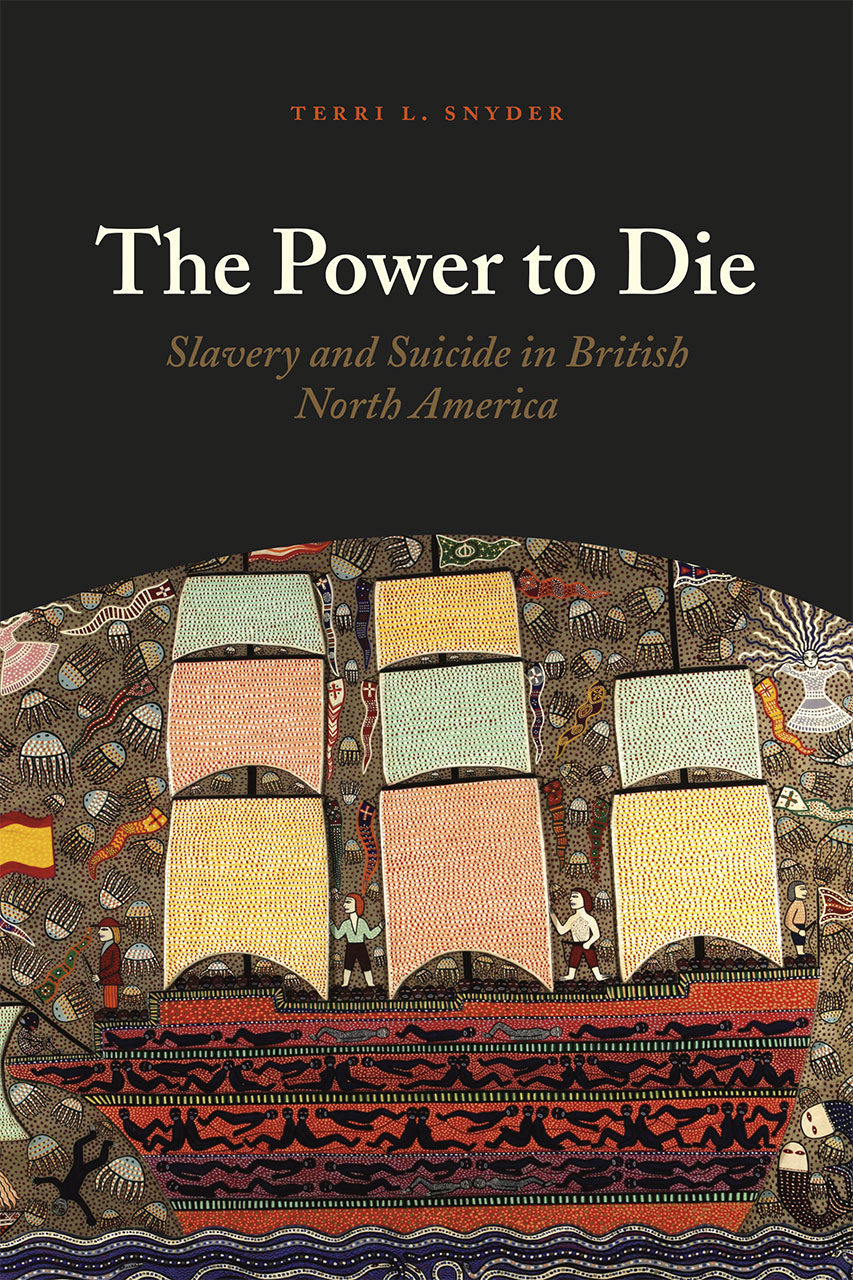New from the University of Chicago Press:
The Power to Die: Slavery and Suicide in British North America (2015), by
Terri L. Snyder (California State University at Fullerton). A description from the Press:
The history of slavery in early America is a history of suicide. On
ships crossing the Atlantic, enslaved men and women refused to eat or
leaped into the ocean. They strangled or hanged themselves. They tore
open their own throats. In America, they jumped into rivers or out of
windows, or even ran into burning buildings. Faced with the reality of
enslavement, countless Africans chose death instead.
In The Power to Die,
Terri L. Snyder excavates the history of slave suicide, returning it to
its central place in early American history. How did people—traders,
plantation owners, and, most importantly, enslaved men and women
themselves—view and understand these deaths, and how did they affect
understandings of the institution of slavery then and now? Snyder draws
on ships’ logs, surgeons' journals, judicial and legislative records,
newspaper accounts, abolitionist propaganda and slave narratives, and
many other sources to build a grim picture of slavery’s toll and detail
the ways in which suicide exposed the contradictions of slavery, serving
as a powerful indictment that resonated throughout the Anglo-Atlantic
world and continues to speak to historians today.
A few blurbs:
“Snyder attends to her subject with great intelligence, care, and
sensitivity. Drawing together an impressive variety of sources, she
probes the connection between the public interest in slavery and the
forbidden private will of the enslaved. This excellent study of mortuary
politics confirms that the power to die can be as historically
consequential as the power to hold, punish, and kill.” -- Vincent Brown
“The Power to Die is an important, innovative, and exceedingly
well-researched book. Snyder has done some breathtaking archival work
and the sheer variety of sources is astounding— drawing on newspapers,
antislavery propaganda, ship log books, plantation diaries, account
books, and slave narratives, to name a few. This book will be of great
interest to many different scholars, including those who work on slavery
and early America, but also those eager to know more about law, gender,
technology, and early American print culture.” -- Hilary J. Moss
More information is available
here. For even more, check out the interview that Snyder did with The Junto,
here.
